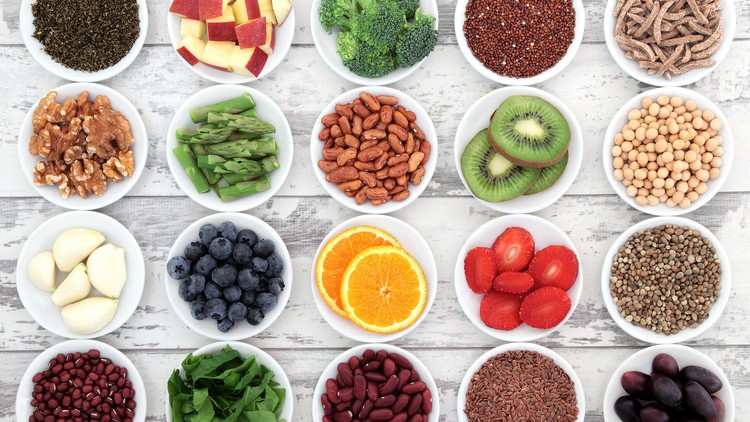Table of Contents
Https://wellhealthorganic.com/vegetarian-protein-sources
In recent years, the popularity of vegetarianism and plant-based diets has surged, driven by concerns for personal health, environmental sustainability, and animal welfare. As more individuals embrace this lifestyle, one common concern often arises: how to obtain an adequate amount of protein without consuming meat or animal products. Fortunately, there are numerous plant-based protein sources available, each offering a variety of health benefits. Let’s explore some of these vegetarian protein sources and how they can be incorporated into a balanced diet.
1. Legumes:
Legumes, including beans, lentils, chickpeas, and peas, are rich sources of plant-based protein. They are also high in fiber, vitamins, and minerals. For example, one cup of cooked lentils provides about 18 grams of protein, making it an excellent meat alternative. Additionally, legumes are versatile and can be used in soups, salads, stews, and even burgers.
2. Tofu and Tempeh:
Derived from soybeans, tofu and tempeh are popular protein sources in vegetarian diets. Tofu, made by coagulating soy milk and pressing it into solid blocks, is a blank canvas that absorbs flavors well, making it suitable for various dishes like stir-fries, scrambles, and smoothies. On the other hand, tempeh is made by fermenting soybeans, resulting in a firmer texture and nutty flavor. It can be grilled, baked, or crumbled into dishes like tacos or pasta sauces.
3. Nuts and Seeds:
Nuts and seeds are not only rich in protein but also contain healthy fats, fiber, and essential nutrients. Almonds, walnuts, peanuts, chia seeds, hemp seeds, and pumpkin seeds are just a few examples of protein-packed options. These can be enjoyed as snacks, added to salads, yogurt, or oatmeal, or used to make nut butters and seed-based dressings.
4. Quinoa:
Quinoa is a gluten-free grain that contains all nine essential amino acids, making it a complete protein source. It also provides fiber, iron, magnesium, and antioxidants. Quinoa is incredibly versatile and can be used as a base for salads, pilafs, porridges, or even as a substitute for rice in dishes like stir-fries and sushi rolls.
5. Seitan:
Also known as wheat gluten, seitan is a meat substitute made from wheat protein. It has a chewy texture and can be flavored and shaped to mimic various meats like chicken, beef, or pork. Seitan is particularly high in protein, with about 25 grams per 3-ounce serving. It can be grilled, sautéed, or added to stir-fries, sandwiches, and wraps.
6. Edamame:
Edamame, young soybeans, are not only delicious but also nutritious, offering a good amount of protein, fiber, vitamins, and minerals. They can be enjoyed steamed or boiled as a snack or appetizer, added to salads, stir-fries, or blended into dips like hummus.
7. Plant-Based Protein Powders:
For those who require a convenient and concentrated protein source, plant-based protein powders are an excellent option. These powders are typically made from sources like pea protein, brown rice protein, hemp protein, or a blend of several plant proteins. They can be mixed into smoothies, shakes, or baked goods to boost their protein content.
Conclusion:
Incorporating a variety of these vegetarian protein sources into your diet can help you meet your protein needs while reaping the benefits of a plant-based lifestyle. Remember to pair them with a diverse array of fruits, vegetables, whole grains, and healthy fats to ensure you’re getting all the essential nutrients your body needs. Whether you’re a seasoned vegetarian or simply looking to reduce your meat consumption, embracing these plant-powered protein sources can contribute to your overall health and well-being.
